In the bustling metropolis of Surabaya, a city renowned for its modernity and industrial spirit, the ancient tradition of ‘Sedekah Bumi’ continues to thrive. This ritual, which translates to “gratitude for the earth,” is deeply rooted in Javanese culture and remains a cherished practice among Surabaya's local communities. Beyond being a cultural ritual, ‘Sedekah Bumi’ embodies a profound connection between humanity, nature, and spirituality, serving as a reminder of the importance of preserving balance and showing gratitude to the natural world.
The Timeless Tradition of Sedekah Bumi in Surabaya
A Tribute to Nature’s Abundance
‘Sedekah Bumi’ is typically held annually after the harvest season, symbolizing an expression of gratitude for the earth’s abundance. In Surabaya, where urban life dominates, the tradition is mostly observed in kampungs (village-like neighborhoods) scattered across the city, where residents maintain strong ties to their rural heritage. Despite Surabaya’s rapid urbanization, these communities take pride in preserving their traditions, ensuring that the values of their ancestors are passed down to future generations.
A Lesson in Gratitude
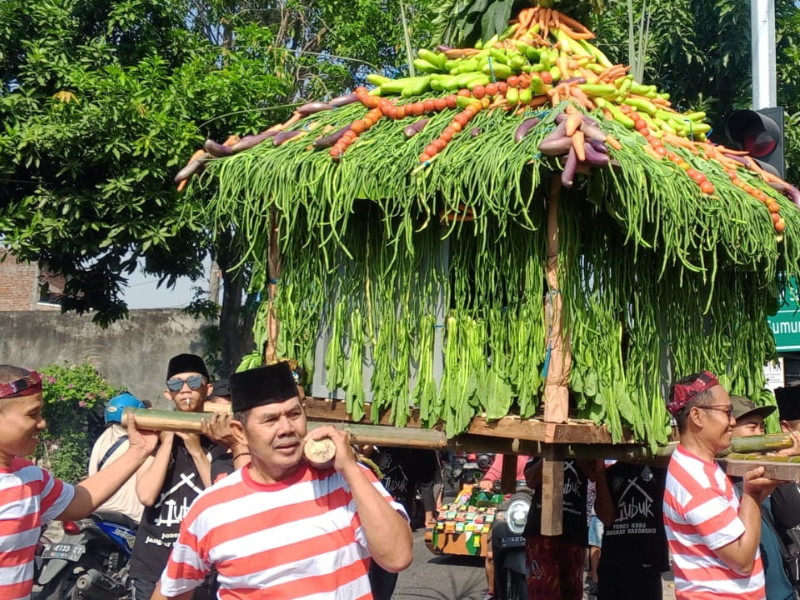
The festivities of ‘Sedekah Bumi’ often begin with a communal gathering, where offerings, known as sesaji, are prepared. These offerings include a variety of food items such as rice, fruits, and traditional dishes, all arranged beautifully on woven bamboo trays. At the heart of the offerings is a tumpeng, a cone-shaped rice dish symbolizing gratitude and harmony. These items are presented to the spirits of the earth as a gesture of respect and thanks. The ritual is usually led by an elder or a spiritual leader, who recites prayers and blessings to honor the spirits and seek continued prosperity for the community.
Vibrant Cultural Performances
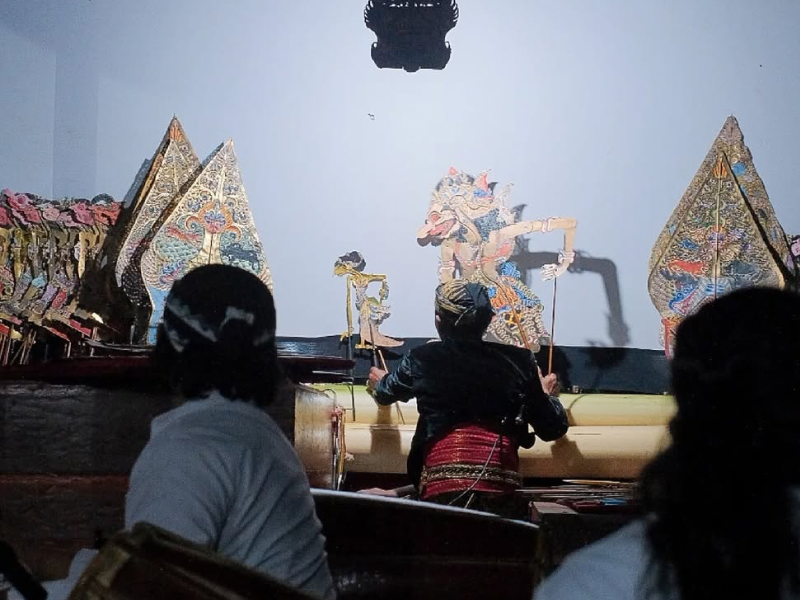
What makes ‘Sedekah Bumi’ particularly unique in Surabaya is its ability to blend tradition with the city’s dynamic cultural landscape. In some neighborhoods, the ritual is accompanied by wayang kulit (shadow puppet performances), reog dances, or traditional music ensembles such as gamelan. These performances not only enhance the celebratory atmosphere but also serve as a means of educating the younger generation about their cultural heritage. Children and teenagers are often encouraged to participate, learning the significance of the tradition and their responsibility in preserving it.
A Celebration of Community Unity
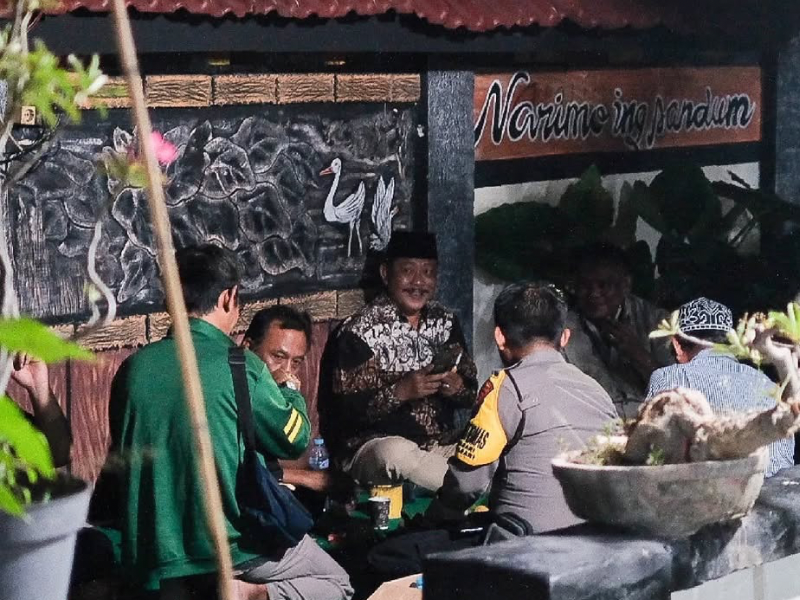
Another integral aspect of ‘Sedekah Bumi’ in Surabaya is the spirit of togetherness it fosters. The event is a communal effort, with residents coming together to organize the offerings, prepare food, and set up decorations. It becomes a time for bonding, where neighbors, regardless of their differences, unite to celebrate their shared heritage. This collective effort strengthens social ties and reinforces a sense of belonging within the community.
In modern Surabaya, where rapid development and technological advances often overshadow cultural practices, ‘Sedekah Bumi’ serves as a grounding force. It reminds people of their roots, their dependence on the earth, and their responsibility to care for it. For many, it is not just a ritual but a reflection of life’s values—gratitude, respect for nature, and the importance of community.
Blending Tradition with Urban Life
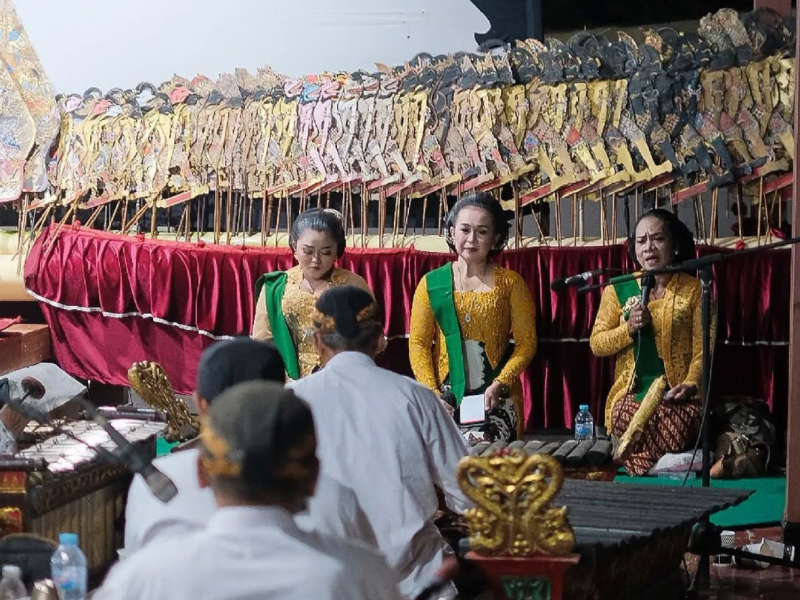
As Surabaya continues to grow as a major urban hub, the preservation of ‘Sedekah Bumi’ stands as a testament to the resilience of local culture amidst change. The tradition remains an integral part of the city's identity, showing how modern life and ancient customs can coexist harmoniously. Through the continued practice of ‘Sedekah Bumi’, Surabaya’s communities ensure that their gratitude to the earth and their cultural legacy remain alive, even in the heart of a thriving city.



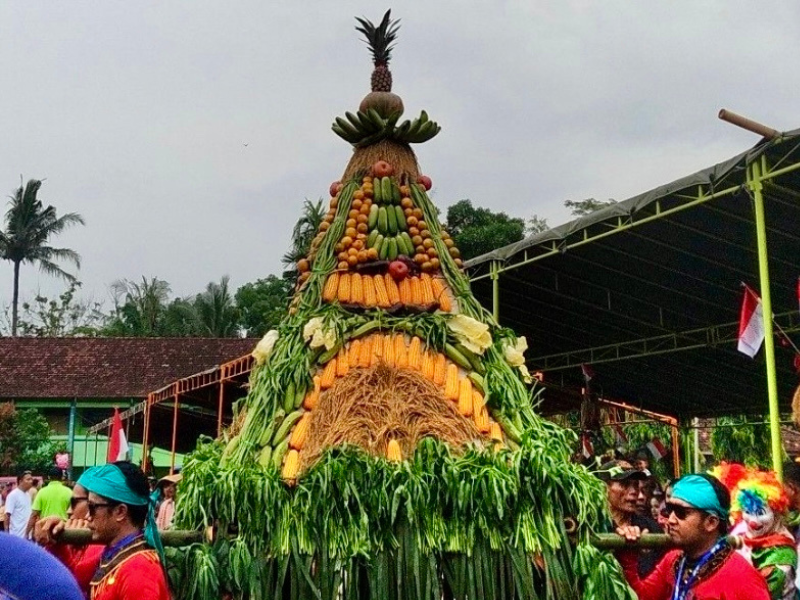
 Alicia Putri
Alicia Putri
 Dec 16, 2024
Dec 16, 2024